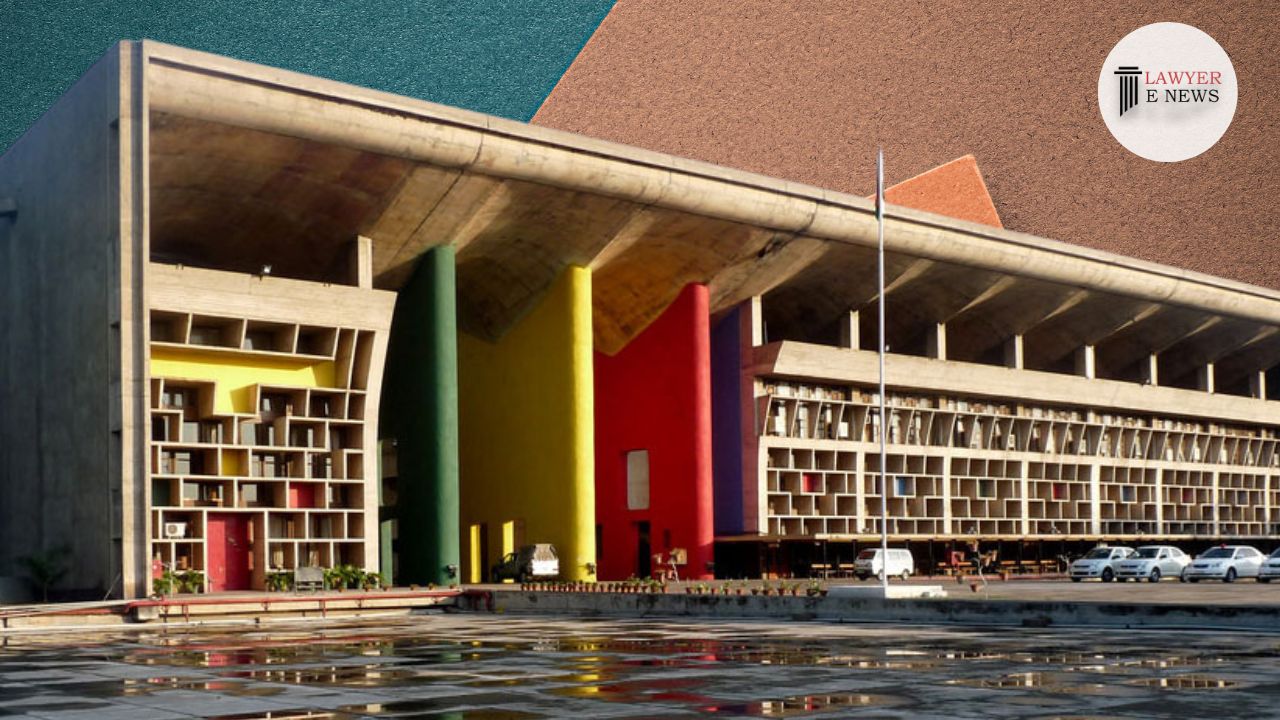-
by Admin
15 February 2026 2:16 AM



In a pivotal ruling, the Punjab and Haryana High Court, led by Hon’ble Mr. Justice Anoop Chitkara, underscored the importance of life and liberty under Article 21 of the Constitution. The court issued orders for temporary police protection to a newly married couple who alleged threats from their families for marrying against their wishes.
The petitioners, Tamanna Parmar and her spouse, approached the High Court seeking protection under Article 21 of the Constitution of India. They claimed that their fundamental rights to life and personal liberty were threatened by their own family members, due to their marriage, which was disapproved.
Tamanna and her partner’s plea highlighted their precarious situation, fearing harm from private respondents—essentially, their relatives. The issue revolved around the fundamental right to life and personal safety, necessitating judicial intervention for safeguarding these constitutional guarantees.
Immediate Protection: Justice Chitkara ordered the concerned Superintendent of Police and other designated officers to provide appropriate protection to the petitioners for a week, extendable based on real-time assessments or at the petitioners’ request. “In the peculiar facts and circumstances of this case, it is imperative to ensure the safety of the petitioners without any delay,” observed Justice Chitkara.
Conditions of Protection: The court mandated that during the period of protection, the petitioners should avoid engaging in high-risk activities. The law enforcement officers were tasked to assess and provide the necessary level of security proactively.
Family Reconciliation Efforts: Acknowledging the natural familial bonds, the court facilitated a controlled meeting between Tamanna and her family under strict supervision. “Such meetings are critical to preserving family relationships, even in contentious circumstances,” the judge noted.
Use of Court Orders: Significantly, the court allowed its orders to be downloaded directly from the official website for swift implementation, emphasizing the need for immediate compliance without bureaucratic delays.
Decision The petition was allowed to the extent of granting temporary protection and arranging supervised family meetings. The order is designed to balance the urgent need for security with ongoing efforts at family reconciliation.
Date of Decision: May 1, 2024
Tamanna Parmar and another vs. State of Punjab and others
